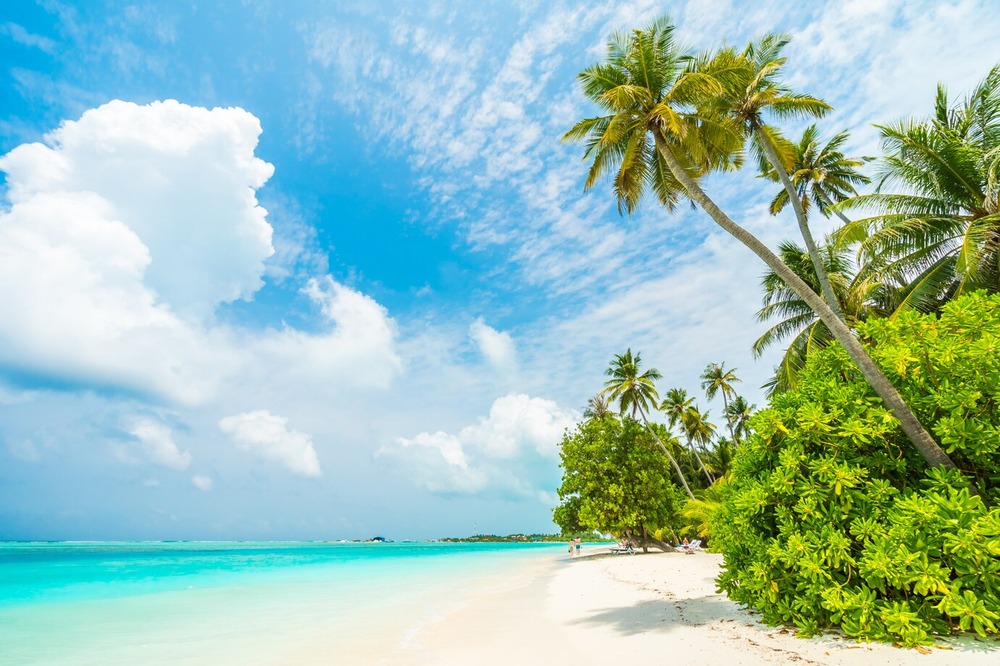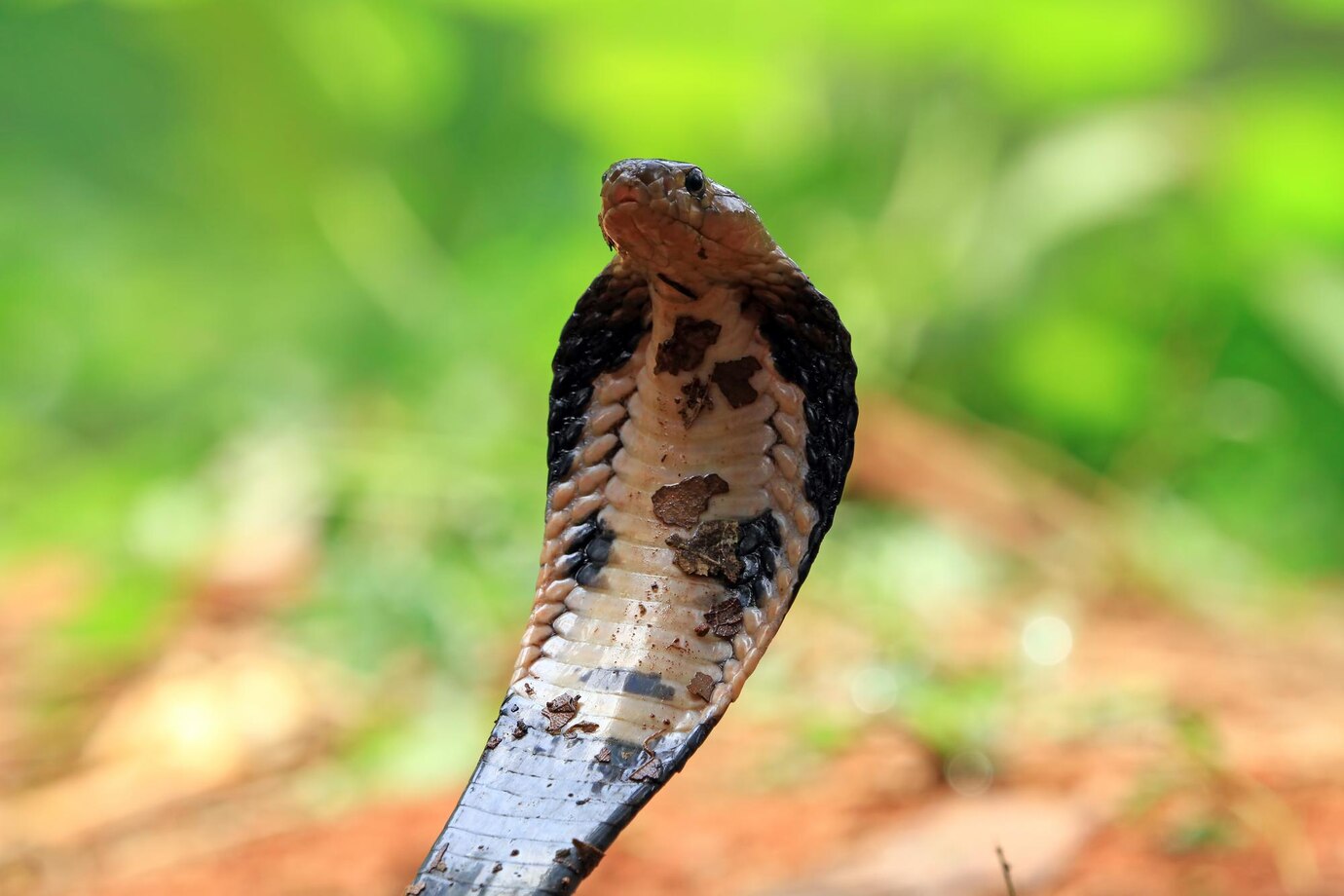Tulunadu, the culturally rich region of coastal Karnataka, is home to a unique blend of traditions, folklore, and spiritual practices. Among the many deities and spirits worshipped here, Koragajja holds a special place in the hearts of the people. Known as a Daiva (divine spirit), Koragajja is more than just a guardian — he is a symbol of justice, faith, and protection for the Tulu-speaking community.
Who is Koragajja?
Koragajja is one of the most revered Bhootha or spirit deities in the Tulu culture. Unlike mainstream gods worshipped in temples, Koragajja is part of the Bhootha Kola tradition — a ritual performance that invokes spirits through dance, music, and trance. Dressed in vibrant costumes and adorned with face paint and elaborate headgear, the impersonator of Koragajja becomes a living embodiment of the spirit during the Kola.
According to legend, Koragajja was a fierce and just warrior who protected the innocent and punished the wicked. Over time, he came to be worshipped as a guardian spirit who looks after his devotees, ensuring their safety and well-being. People believe that offering prayers to Koragajja brings relief from problems, illnesses, and even injustices.
Bhootha Kola: A Divine Performance
One cannot talk about Koragajja without mentioning Bhootha Kola, the spiritual folk performance that celebrates and honors him. Typically held between December and May, Bhootha Kola is not just a religious event but also a social gathering. As the performance reaches its peak, it is believed that Koragajja himself descends upon the performer, offering divine guidance and blessings.
Devotees come with their grievances, questions, and prayers, believing that the spirit of Koragajja will listen and respond. The messages delivered during the Kola are taken seriously, and many follow them with deep faith.
The Power of Faith
Koragajja is seen as a problem-solver and protector. Many people across Tulunadu and even outside the region share stories of miracles and justice delivered after offering prayers or vows (known as “harake”) to Koragajja. His shrine, often a simple structure in the middle of forests or near villages, sees a steady stream of believers who offer coconuts, flowers, and perform poojas in gratitude or to seek help.
During the COVID-19 pandemic, there was even a viral moment online where people credited Koragajja for protecting the region. Whether rooted in belief or folklore, the story reflects the deep trust the community has in their guardian spirit.
Koragajja in Modern Times
In today’s fast-paced world, the traditions surrounding Koragajja continue to thrive. Many urban Tuluvas still visit their native villages to attend Bhootha Kolas, keeping their ancestral roots alive. Artists, musicians, and filmmakers have also taken inspiration from Koragajja, showcasing his influence in popular culture.
The figure of Koragajja reminds us of the importance of justice, community, and the belief in something greater than ourselves. He is not just a guardian spirit of Tulunadu — he is a cultural icon, a protector, and a symbol of unwavering faith.
Final Thoughts
Koragajja is more than a spirit; he is the soul of Tulunadu’s folk tradition. In a world where ancient beliefs often fade into obscurity, the worship of Koragajja stands as a testament to the enduring power of culture, community, and spiritual heritage. Whether you are from Tulunadu or simply curious about India’s rich traditions, the story of Koragajja is sure to captivate your heart.
Experience the best beach stay in Mangalore at RajSeafront Resort, where luxury meets the serene beauty of the Arabian Sea. As one of the top-rated resorts around Mangalore, RajSeafront offers a perfect blend of comfort, elegance, and natural charm. Whether you’re looking for a relaxing weekend getaway or a lavish coastal retreat, our resort stands out among 5 star beach resorts in Mangalore, offering world-class amenities, stunning ocean views, and unmatched hospitality.






